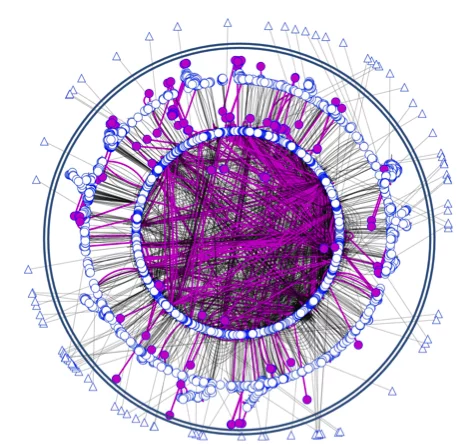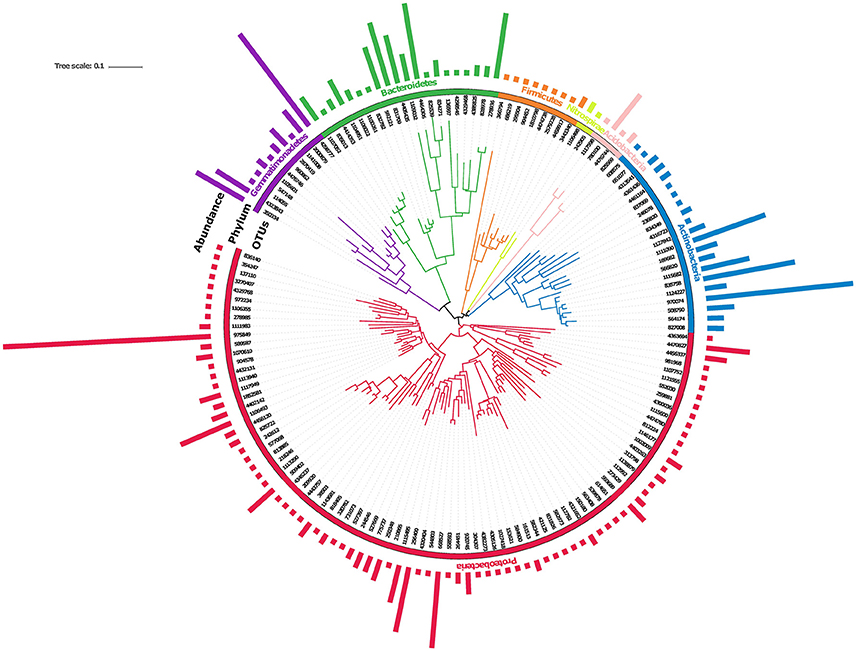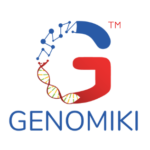Services
for clinicians
Advanced Bioinformatics Services refer to specialized and cutting-edge computational solutions tailored to analyze and interpret complex biological data. These services utilize sophisticated algorithms, software, and high-performance computing to extract meaningful insights from various biological datasets, such as genomics, transcriptomics, proteomics, and metabolomics. Advanced Bioinformatics Services are instrumental in tasks like genome assembly, variant calling, functional annotation, pathway analysis, drug discovery, and personalized medicine.
They play a pivotal role in advancing our understanding of genetics, disease mechanisms, and the development of innovative treatments in the fields of biology, medicine, and biotechnology.
Whole Exome Analysis
Whole exome sequencing involves capturing and sequencing the exonic regions, providing a cost-effective approach to identify genetic variations associated with diseases or traits. Variant calling is a crucial step in whole exome analysis. It involves comparing the sequenced exome to a reference genome to identify differences or variations, such as single nucleotide polymorphisms (SNPs) or small insertions/deletions (indels). These variations can be further annotated to determine their potential impact on gene function or their association with diseases.
Germline Gene Panel Analysis
A genetic testing method focusing on specific genes linked to hereditary conditions, helping identify mutations and assess the risk of passing them to offspring.
Somatic Gene Panel Analysis
A genetic testing approach that examines mutations in a selected group of genes within an individual’s non-reproductive cells, often used in cancer diagnosis and treatment decisions.
Whole Genome Assembly
Whole genome assembly is the process of reconstructing the complete DNA sequence of an organism’s genome. Genomes consist of long sequences of nucleotide bases (A, T, C, and G) that encode genetic information. However, due to their size and complexity, genomes cannot be directly sequenced in a single read.
There are two main approaches to whole genome assembly:
1. Reference-based assembly:
A genetic testing method focusing on specific genes linked to hereditary conditions, helping identify mutations and assess the risk of passing them to offspring.
2. De novo assembly:
De novo assembly is used when a suitable reference genome is not available or when studying unique genomes of non-model organisms. This approach involves computationally assembling the sequenced fragments without relying on a reference genome. Patterns and overlaps in the sequenced fragments are analyzed to construct contiguous sequences, known as contigs, representing different regions of the genome.
Genome analysis
The order of nucleotide bases in every organism is unique. Determination of this order through whole/targeted genome sequencing will help uncover underlying information. We offer several bioinformatics services for genomic analysis for different organisms ranging from prokaryotic to eukaryotic.

1. Whole genome assembly
- Reference based
- De-novo assembly
- Gene predictions and annotations
2. Whole exome and Clinical exome
- Variant calling
- Variant annotation
- Variant prioritization
- Clinical report generation
3. Copy number Variation Analysis
4. Cancer Genomics
- Mutational Landscape
- Pan-Cancer Analysis
- Mining and analysis of TCGA datasets
Metagenome Analysis
Metagenomics comprises study of taxonomic and physiological characteristics of a species collected from their true habitat. This helps in identifying the unknown species and improve our understanding of how these species interact with the environment. We utilise a multitude of computational approaches to obtain, process, and extract useful biological information from a variety of samples and complex datasets. With the increase in use of metagenomic samples in inferring the taxonomic and functional composition of microbial communities from different environmental or clinical settings, we are offering several analyses covering various aspects.

1. Sequencing data processing
2. OTU analysis and taxonomic classification
3. Alpha & Beta diversity analysis
4. Species level identification
5. Correlation with the KEGG pathway
Transcriptome analysis
The set of all RNA transcripts (coding and non-coding) in a particular cell (single or population) or tissue type is called transcriptome. Changes in an organism’s transcriptome are studied to identify the expression of a targeted or thousands of genes and transcripts in a particular condition. We are experts in analysing transcriptome datasets and provide a wide range of a analysis services
1. Transcriptome assembly
- Filtering by quality
- Reference based assembly
- de-novo
- Unigene assembly
- Gene prediction
2. Differential expression analysis
- Functional annotation
- Pathway analysis
- Gene enrichment analysis
3. Small RNA sequencing assembly and analysis
- Isomer identification
- Identification of novel miRNAs
- Functional annotations
4. Identification and analysis of non-coding RNAs
5. Generation of plots and figures
6. Network construction
7. Co-expression analysis
8. GRO-seq analysis
Epigenome analysis
Genetic modifications that impact gene activity without affecting the DNA sequence are known as epigenetic modifications. These are heritable and encompass all those chemical modifications to DNA and protein which may affect the gene expression. Changes in DNA methylations levels and histone modifications are the common examples of epigenetic analysis performed. We offer comprehensive analysis services for various epigenomic datasets.
1. ChIP-Sequencing Analysis
- Peak calling
- Identification of Transcription Factors
- Functional enrichment
- Motif identification
2. DNA methylation
- Quantification of methylation for all CpG islands
- Functional annotation for differentially methylated CpG islands
- Differentially Methylated Regions (DMRs)
Customised bioinformatics analysis
- If your analysis is not listed above, we are happy to discuss your project.
There can be a lot of different ways in which the data can be interpreted and represented.
- If you are looking for any specific analysis, we will do that for you.
We will be happy to design custom pipelines for your analysis if you are looking for something specific.
- We will understand your objectives and discuss the project thoroughly.
We will have discussion about your research questions and the study the objectives
- We design the deliverables according to your customised needs.
After discussing your questions, our team will design the deliverables and suggest the timelines.
- We also provide consultation to build up your project.
If you are not sure of a particular analysis, we will be happy to provide consultations.
Structural Bioinformatics

1. Molecular docking
This service can ease your research on in-silico applications and drug design. We will help you in your Computer-Aided Drug Discovery (CADD) pathway by finding an active site, screening the exhaustive ligand libraries, and inventing a target-ligand complex for your research.

2. Homology modelling
Our Homology modelling services will provide excellent quality protein structure based on the amino acid sequences provided by you.

3. Machine learning approaches
We can help you to construct a stabilized and defined approach for your experiments by extrapolating the data using AI algorithms.
Statistical Analysis
Through statistical analysis we explore and interpret the data. We accomplish this by assembling, tabulating and applying precise statistical tools on data prediction.
Various statistical tests are performed to analyse the data, such as
- Chi-square tests
- ANOVA
- Data modelling
- Estimation
- Regression
Population genetics
STR Clustering
Pairwise genetic distance calculation
Phylogenetic trees
Data management
- We at GENOMIKI help you from managing to storing data with utmost care. We can also help you in designing your database, resources, and browsers.
Publication support
- You have dedicated many hours in your research, it’s important that your research gets published in a journal that justify your efforts. We can provide publication support for efficient publications which includes figure generation, consultancy and writing support. With the team of professionals, we will provide the best service which will aid your research to get published.
We also offer customized projects according to the needs and requirements of the clients.
